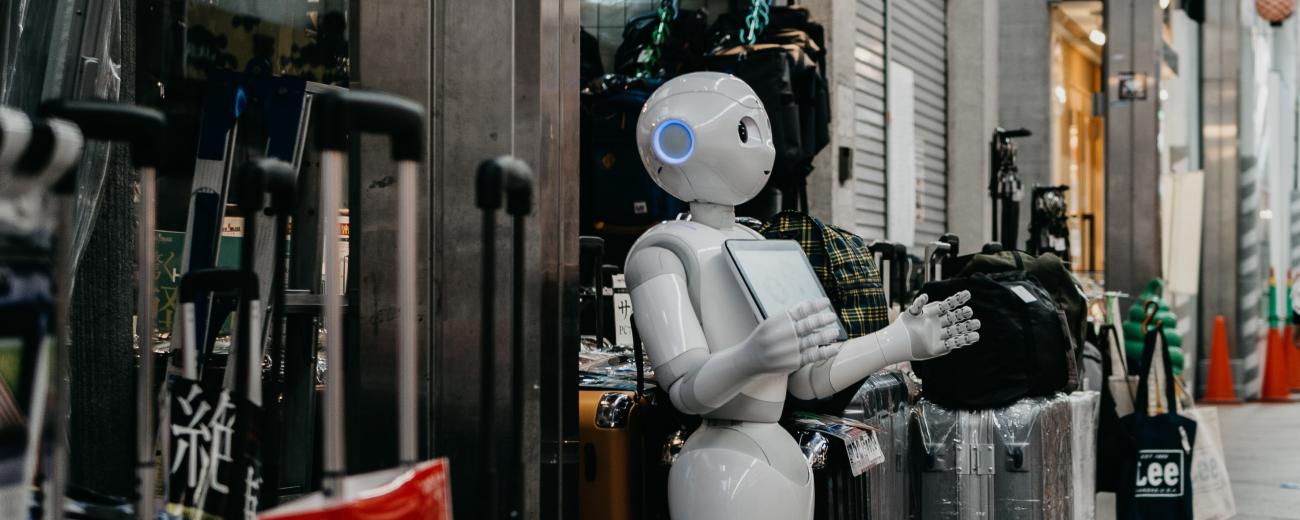How can AI better serve people in the Global South?


The idea of Comparative Equity amongst nations has usually centred around economic justice or, in recent years, in relation to mitigating and adapting to climate change. In this debate, a central role has been afforded to science and technology as a solution to the global challenges facing humanity.
The relationship between AI and structural injustices
The latest of these advancements, Artificial intelligence (AI) – the ability of machines to multiply manifold what human minds are capable of – can be seen in this long post-industrial trajectory of technology's emancipatory promise. When viewed from this perspective, like any other technological solution, AI drags the injustices and structural imbalances of the past into our present era.
But AI also promises a radically new way of producing knowledge about the world using data at scales never possible before; it opens possibilities and means to fight for a more equitable, more environmentally sustainable future. Yet, even this imagined emancipatory potential of AI cannot be rid of the embedded power structures and, given its enormous multiplying potential, can magnify such inequalities.
SOAS to launch the Centre for AI Futures
It is therefore to develop a radical, re-centred political geography of AI that SOAS announces the launch of the Centre for AI Futures (CAF). We are partnered in this venture by two unique organisations: the Institute for Social Sciences and Humanities at the University of Helsinki, a pioneer in large-scale research in human sciences and Quilt.AI, a culturally-rooted AI-powered insights firm, delivering research, insights and technologies for some of the largest businesses and foundations in the world. Based in Singapore and working globally, their focus has been on building machine learning models that are customised for various cultures, data sources and formats.
CAF has a research agenda that places Africa, Asia and the Middle East as the centre of our AI universe. We begin with the premise that many of the challenges related to understanding AI globally are not only about the types of knowledge that are available but also linked to structural inequalities in how this knowledge is produced in a system where even critical thinking remains mediated through universities in the Global North. In response to this double bind, we aim to bring together an interdisciplinary and cross-domain team that includes academic institutions in both the Global North and South, think tanks and industry actors to imagine what a more equitable AI future can looks like if we are serious about a re-centred, political geography.
CAF's immediate and specific goals are to catalyse activities around:
- Knowledge translations across disciplines and sectors, focussing on building capacity and networks of AI scholars in the Global South.
- Facilitating a critical dialogue between AI social sciences and humanities researchers and the AI industry.
- Direct integration into discussions on AI policy through involvement in high-level policy debates with governments, tech companies, UN agencies and development actors.
Watch the stream of the launch event
You can find the recorded live-stream of the launch event here.
About the author
Dr Somnath Batabyal is a Lecturer in Media in Development and International Journalism at the Centre for Global Media and Communications at SOAS.


